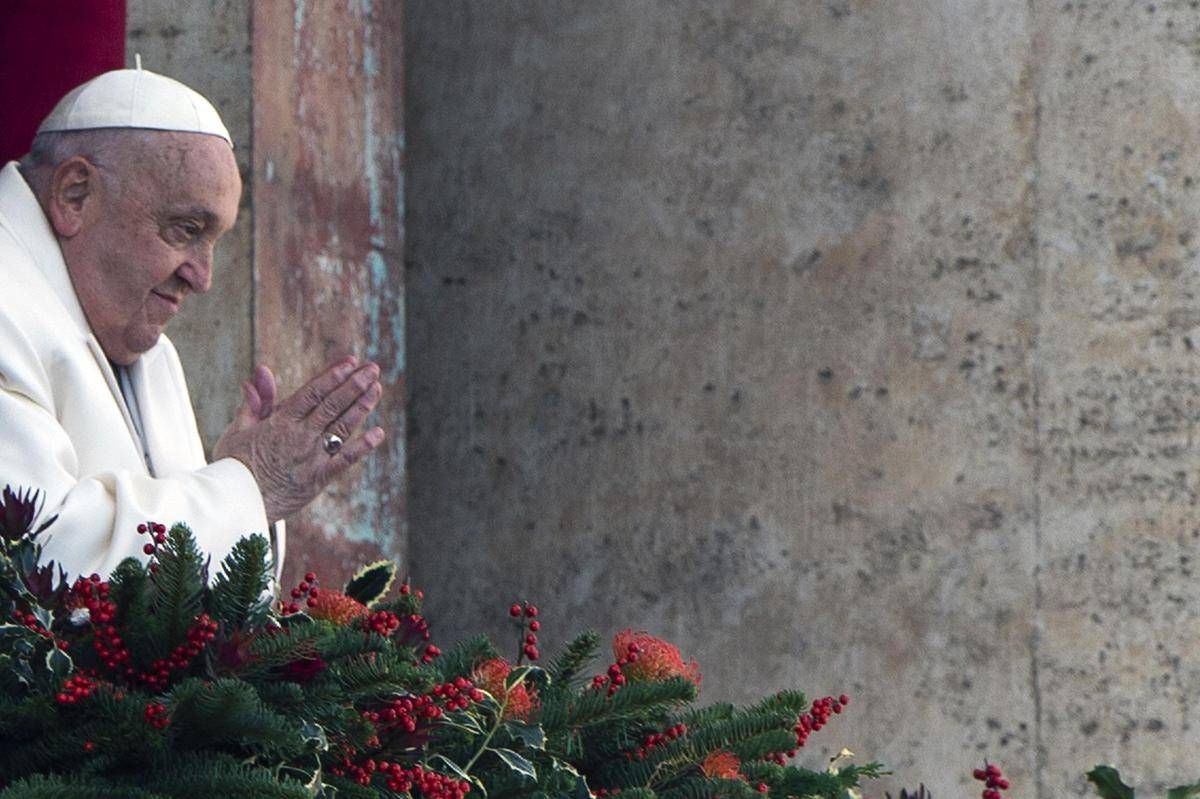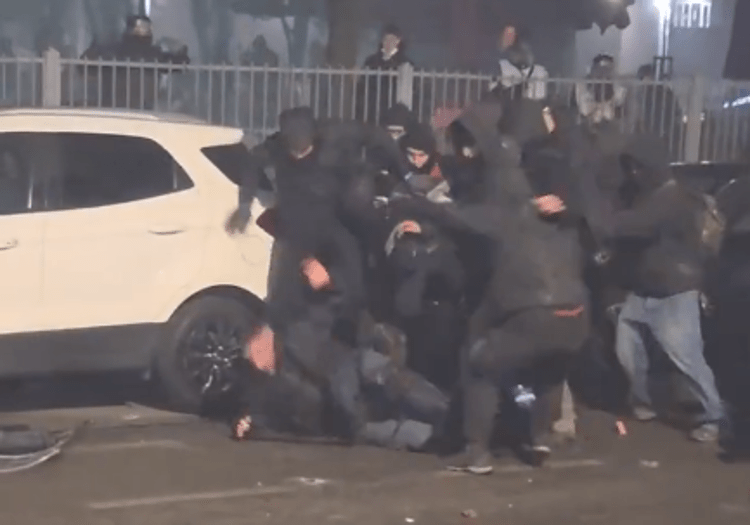
Pope Francis died, the story: the first Jesuit and Latin American pontiff
Farewell to Jorge Mario Bergoglio, pontiff of revolutionary gestures and dialogue between faiths. His pontificate left a deep mark on the Catholic Church and the world.
Pope Francis, born Jorge Mario Bergoglio, died today at the age of 88. He was the first Pope from Latin America and the first Jesuit to ascend the papal throne. His election on 13 March 2013 represented a historic turning point: never before had a pontiff been chosen from outside Europe. ‘I came almost from the end of the world,’ he said smiling from the balcony of St. Peter’s Basilica.
The origins: from Argentina to the altar
Born in Buenos Aires on 17 December 1936, he was the son of Piedmontese emigrants. As a young man he studied chemistry and faced a serious lung disease, which led him to have the upper part of his right lung removed. At the age of 22 he entered the Jesuit seminary, graduating in Philosophy in 1963. He was ordained a priest in 1969 and became rector of the Faculty of Theology and Philosophy in San Miguel in the 1970s.
In 1992 John Paul II appointed him auxiliary bishop of Buenos Aires, and in 1998 he became archbishop and primate of Argentina. In 2001 he was created cardinal by Karol Wojtyla. A leading figure in the Argentine Bishops’ Conference from 2005 to 2011, he was among the most voted in the 2005 conclave that elected Benedict XVI.
The election to the papal throne
After the historic resignation of Pope Ratzinger in February 2013, Bergoglio was elected on the fifth ballot of the conclave. He chose the name Francis, in homage to the Saint of Assisi, laying the foundations for a pontificate centred on poverty, peace and brotherhood. Contrary to tradition, he refused the papal flat to live in the Domus Sanctae Marthae, immediately marking a simple style close to the people.
The main stages of the pontificate
The inauguration mass of the pontificate, on 19 March 2013, was attended by 130 international delegations. His first meeting with Benedict XVI, on 23 March at Castel Gandolfo, was a historic event: the two popes kneeling in prayer became a symbol of continuity and humility. Together they appeared several times on solemn occasions, including the Extraordinary Jubilee of Mercy, which opened on 8 December 2015.
Dialogue and diplomacy
Pope Francis has promoted interreligious dialogue and diplomacy as instruments of peace. The 2014 meeting in the Vatican Gardens with Shimon Peres and Abu Mazen was memorable, as was the historic signing in Abu Dhabi of the document on Human Brotherhood with the Grand Imam of Al-Azhar. Also important was the opening to relations between the US and Cuba and the meeting with Russian Patriarch Kirill.
Encyclicals and reforms
During his pontificate, Francis signed four encyclicals. The first, Lumen Fidei (2013), took up contents from Benedict XVI. But the most significant are Laudato Si’ (2015), on the protection of Creation and integral ecology, and Fratelli Tutti (2020), dedicated to universal fraternity in times of pandemic. The last one, Dilexit Nos, is dated 23 October 2024.
He promoted profound reforms in the Roman Curia, creating the Council of Cardinals (C9) to reorganise Vatican governance, and entrusting Pietro Parolin with the leadership of the Secretariat of State. He also intervened decisively in Vatican finances and the IOR.
A Pope among the people
Pope Francis’ apostolic journeys have touched the world’s peripheries: from his first visit to Lampedusa, followed by one to Lesbos, to his return to Assisi, the spiritual heart of his pontificate. In Italy he has paid homage to figures such as Padre Pio, Don Milani and Don Puglisi. His constant concern for the least, migrants, the poor and war victims has remained a constant in his pastoral mission.
The mark left in history
Pope Francis has embodied a pontificate of rupture and dialogue, restoring a more human, open and inclusive image to the Catholic Church. His voice reached not only the faithful, but also the secular world, with clear messages on peace, social justice, ecology and human dignity. With his death, a season deeply marked by the charisma and strength of a man who knew how to speak to the heart of the world comes to an end.
THE LATEST NEWS
(Photo: © AndKronos)
-

 Salute22 ore ago
Salute22 ore agoAlzheimer, dalla WashU un test sangue predittivo
-

 Primo Piano20 ore ago
Primo Piano20 ore agoCrans-Montana, italiani feriti raccontano: porte sbarrate e fuga proprietaria
-

 In Evidenza22 ore ago
In Evidenza22 ore agoTrump: pubblicare i file su Ufo e vita aliena
-

 Spettacolo21 ore ago
Spettacolo21 ore agoAddio ad Angela Luce, icona di cinema, teatro e musica napoletana





















